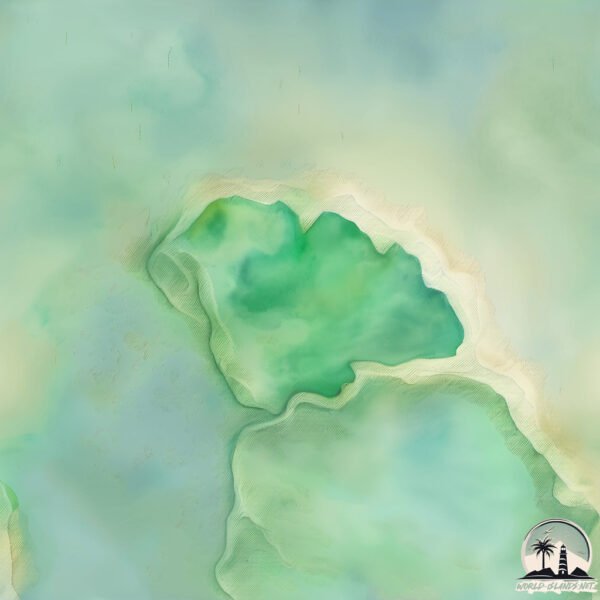Jipioca

Welcome to Jipioca, a Tropical island in the North Atlantic Ocean, part of the majestic Atlantic Ocean. This guide offers a comprehensive overview of what makes Jipioca unique – from its geography and climate to its population, infrastructure, and beyond. Dive into the details:
- Geography and Size: Explore the island’s size and location.
- Climate and Weather: Weather patterns and temperature.
- Topography and Nature: Uncover the natural wonders of the island.
- Infrastructure and Travelling: Insights on reaching, staying, and making the most of your visit.
- News and Headlines: Latest News.
Geography and size of Jipioca
Size: 92.9 km²
Coastline: 46.3 km
Ocean: Atlantic Ocean
Sea: North Atlantic Ocean
Continent: South America
Jipioca is a Medium Island spanning 93 km² with a coastline of 46 km.
Archipel: –
Tectonic Plate: Eurasia – One of the world’s largest tectonic plates, the Eurasian Plate covers a significant portion of Europe and Asia. It’s characterized by diverse geological features, including the Ural Mountains, the European Plain, and the Himalayas formed from its collision with the Indian Plate.
The geographic heart of the island is pinpointed at these coordinates:
Latitude: 2.14375712 / Longitude: -50.48306115
Climate and weather of Jipioca
Climate Zone: Tropical
Climate Details: Tropical Monsoon Climate
Temperature: Hot
Climate Characteristics: Characterized by heavy rainfall, high humidity, and uniformly high temperatures, but with a distinct short dry season. It features a seasonal reversal of prevailing wind directions.
Topography and nature of Jipioca
Timezone: UTC-03:00
Timezone places: America/Sao_Paulo
Max. Elevation: 24 m
Mean Elevation: 12 m
Vegetation: Evergreen Broadleaf Forest
Tree Coverage: 59%
The mean elevation is 12 m. The highest elevation on the island reaches approximately 24 meters above sea level. The island is characterized by Plains: Flat, low-lying lands characterized by a maximum elevation of up to 200 meters. On islands, plains are typically coastal lowlands or central flat areas.
Dominating Vegetation: Evergreen Broadleaf Forest
Characterized by dense, lush canopies of broadleaf trees that retain their leaves year-round. These forests are typically found in tropical and subtropical regions and are known for their high biodiversity. Jipioca has a tree cover of 59 %.
Vegetation: 11 vegetation zones – Exceptionally Diverse Island
Islands with more than ten vegetation zones are among the most ecologically rich and varied in the world. These islands are akin to miniature continents, boasting an incredible array of ecosystems. The sheer range of habitats, from high peaks to deep valleys, rainforests to deserts, creates a mosaic of life that is unparalleled. They are crucial for conservation and ecological studies.
Infrastructure and Travelling to Jipioca
Does the island have a public airport? no.
There is no public and scheduled airport on Jipioca. The nearest airport is Macapá – Alberto Alcolumbre International Airport, located 236 km away.
Does the island have a major port? no.
There are no major ports on Jipioca. The closest major port is PORTO SANTANA, approximately 250 km away.
The mean population of Jipioca is 0 per km². Jipioca is Uninhabited. The island belongs to Brazil.
Continuing your journey, Maraca is the next notable island, situated merely km away.
Esec Maracá-Jipioca, Amapá, Brasil. Música: Osmar Jr



Brazil is classified as Emerging region: BRIC: Brazil, Russia, India, and China – Economies noted for their rapid growth and increasing influence on global affairs. The level of income is Upper middle income.
News – Latest Updates and Headlines from Jipioca
Stay informed with the most recent news and important headlines from Jipioca. Here’s a roundup of the latest developments.
Please note: The data used here has been primarily extracted from satellite readings. Deviations from exact values may occur, particularly regarding the height of elevations and population density. Land area and coastline measurements refer to average values at mean high tide.
